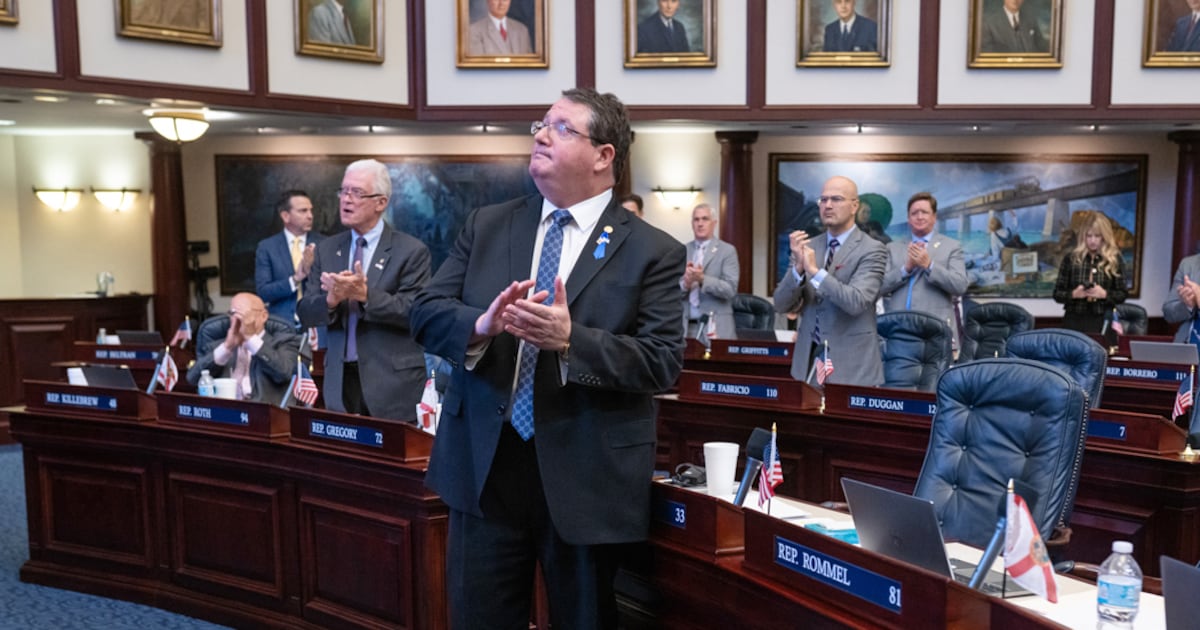It’s no surprise that Michelle Obama was hands-down the favorite speaker at the Apollo Theater in Harlem on Tuesday at the Glamour-organized “Let Girls Learn” Global Conversation.
Academy Award winner Charlize Theron and former Australian Prime Minister Julia Gillard couldn’t hold a candle to FLOTUS, who earned massive applause with “Compete with the boys. Beat the boys.”
But Obama ultimately sent mixed message to ambitious young women.
ADVERTISEMENT
“If I had worried about who liked me or who was cute at your age, I wouldn’t be married to the president of the United States,” Obama proudly declared.
Claps and cheers ensued, perhaps without any of the young girls or the highly accomplished women on stage thinking through the implication.
While the first lady’s remarks were clearly meant to encourage young women to be ambitious in their educational and professional pursuits, they also strongly implied there were “ulterior motives” of female higher education: Namely, that the true reward and the ultimate endgame for focusing on one’s studies as a teen are to grow up and become the kind of woman the president of the United States would want to marry—rather than be such a leader herself.
Such a sentiment is disappointing for a variety of reasons, not least of which is because it belies Obama’s accomplishments prior to entering the White House.
A graduate of Princeton University and Harvard Law School, she met the man who would become the commander-in-chief because she was his mentor at the prestigious law firm, Sidley & Austin.
More importantly, it speaks to a larger problem that goes far beyond Obama’s one-off remark. Even as we are well into the 21st Century, the belief that higher education is just another elite finishing school for young women to be groomed to wed the right kinds of boys is remarkably pervasive.
Last year, Susan Patton aka Princeton Mom released an advice book, Marry Smart, after earning widespread fame for blatantly encouraging Ivy League-educated women to hook a husband before graduation day.
In the school newspaper the Daily Princetonian, Patton bluntly advised female students to “Find a husband on campus before you graduate.”
She went on to explain that for Princeton men, like her sons, “the universe of women [they] can marry is endless.” Meanwhile, Princeton undergraduate women should realize that “you will never again be surrounded by this concentration of men who are worthy of you.”
On the other side of the pond, there was a similar declaration that young women should go to the finest institutions of higher education for the express purpose of meeting Mr. Right.
Journalist Rachel Ragg proudly wrote in the Daily Mail last year that she and her husband hoped their 9-year-old daughter Matilda would attend the illustrious Oxford “not because it will be her launching pad into a stellar career as a lawyer, doctor, or magazine editor,” but because it is “the ideal place for her to find a husband with the right background and career prospects to make enough money so Matilda can become a stay‑at-home mother.”
As ludicrous and clickbait-y as Ragg’s article was, some of her final remarks tellingly alluded to the source of the resurgence of this “college as a finishing school” mentality.
“I don’t want her to suffer the fate of my generation, miserably trying to juggle careers and home life before their relationships collapse,” she wrote of her little Matilda.
It echoed Patton’s own belief that the messages of the Women’s Liberation movement had misguided women.
She lamented in her letter how “in the mid-seventies, the 200 pioneer women in my class would talk about navigating the virile plains of Princeton as a precursor to professional success,” rather than finding a spouse.
In Marriage, a History: From Obedience to Intimacy, or How Love Conquered Marriage, historian Stephanie Coontz wrote about how higher education was seen as an extension of Miss Porter’s in post-World War II America.
“Two thirds of women who started college in the 1950s dropped out, usually to get married,” she writes. “In 1952, an advertisement for Gimbel’s department store wryly defined college as the place ‘where girls who are above cooking and sewing go to meet a man so they can spend their lives cooking and sewing.’”
For obvious reasons, feminists of the 1960s and 1970s pushed against this view of college as an elite cocktail party, rather than, you know, a path toward academic and professional enrichment.
The passage of Title IX further corroborated the message that men and women should be exploring the same education and professional development.
But we’re somehow regressing—or, perhaps, we never left—the mentality that women should be educated for the express purpose or earning their MRS degree.
Anecdotally, I notice this when former neighbors talk about how they wish their daughters would go to grad school so they could meet someone, or when I observe the meat market mentality at Ivy League happy-hours.
The underlying message seems to be, put your degree to use by netting a man of high caliber.
Some of that may be well-intentioned, stemming from the not-incorrect belief that smart women deserve intellectual equals as long-term romantic partners.
But it perverts the purpose of higher education when this quest becomes the end goal of a woman’s learning. Viewing college as a glorified mixer does a disservice to men, women, and the institutions themselves.
I highly doubt that it is how Michelle Obama would want her own daughters viewing their educational futures—and I am even more certain her daughters don’t.
Eldest Malia has been interning on the set of HBO’s Girls this summer. Something tells me she is not interested in majoring in husband-hunting.






